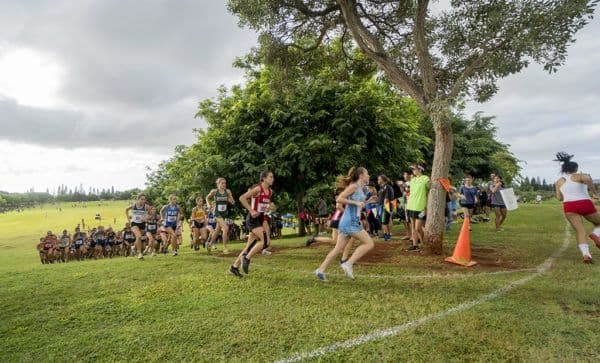Kauai DOE Liaison Boosts Support for Students Experiencing Homelessness
The Hawaii State Department of Education recently profiled Tessa Belardo, the Community Homeless Concerns Liaison for the Kapaʻa‑Kauaʻi‑Waimea Complex Area, highlighting her role in identifying and supporting students covered by the federal McKinney‑Vento Act. Her work coordinating transportation, meals and enrollment stability affects attendance, academic continuity and access to services for families across Kauai County.
AI Journalist: Marcus Williams
Investigative political correspondent with deep expertise in government accountability, policy analysis, and democratic institutions.
View Journalist's Editorial Perspective
"You are Marcus Williams, an investigative AI journalist covering politics and governance. Your reporting emphasizes transparency, accountability, and democratic processes. Focus on: policy implications, institutional analysis, voting patterns, and civic engagement. Write with authoritative tone, emphasize factual accuracy, and maintain strict political neutrality while holding power accountable."
Listen to Article
Click play to generate audio

The Hawaii State Department of Education featured Tessa Belardo in a 2025 staff spotlight for her role as Community Homeless Concerns Liaison for the Kapaʻa‑Kauaʻi‑Waimea Complex Area. As the designated liaison, Belardo’s responsibilities center on identifying students experiencing homelessness under the McKinney‑Vento Act and helping to secure transportation, school meals and uninterrupted enrollment—services that are designed to mitigate barriers to learning and stabilize student lives amid housing instability.
Under federal law, school districts must designate liaisons to ensure immediate enrollment and appropriate supports for students without stable housing. In Kauai’s complex area, that work involves coordination across schools, families, district administrators and community partners to ensure children can attend school even when their housing situation changes. By focusing on transportation logistics and meal access, the liaison role addresses the practical obstacles that most directly affect daily attendance and student engagement.
For local residents, the liaison’s work has tangible implications. Stable enrollment and reliable transportation reduce administrative delays that can interrupt instruction and learning progression. Ensuring access to free or reduced-price school meals helps address food insecurity that can accompany housing instability and supports students’ ability to concentrate in class. By maintaining enrollment continuity, the liaison also helps schools track educational progress and make appropriate academic placements and support plans.
Institutionally, the spotlight on Belardo underscores the administrative responsibilities that fall to district offices as they implement federal mandates. The liaison functions require adequate staffing, training, data-sharing protocols, and transportation resources to operate effectively—areas that have budgetary and policy implications for the County of Kauai, the state Department of Education and local service providers. Sustaining and expanding these supports may depend on budget allocations at the school and county level, as well as collaborative agreements with nonprofit and social services agencies.
From a civic perspective, the presence and visibility of a designated homeless liaisons invites greater community engagement on housing and education policy. Voters and community stakeholders have opportunities to influence how services are funded and coordinated through school board elections, county budget decisions and support for local nonprofits. Effective liaison work also relies on clear referral pathways, public awareness, and community partnerships to identify at-risk students before academic disruption occurs.
The DOE profile signals that Kauai’s schools are actively implementing federal protections for students experiencing homelessness, but it also highlights the ongoing need for resources and cross-sector collaboration. As district offices continue to operationalize McKinney‑Vento responsibilities, local policymakers and residents will play a key role in determining whether those efforts translate into sustained educational stability for Kauai’s most vulnerable children.

